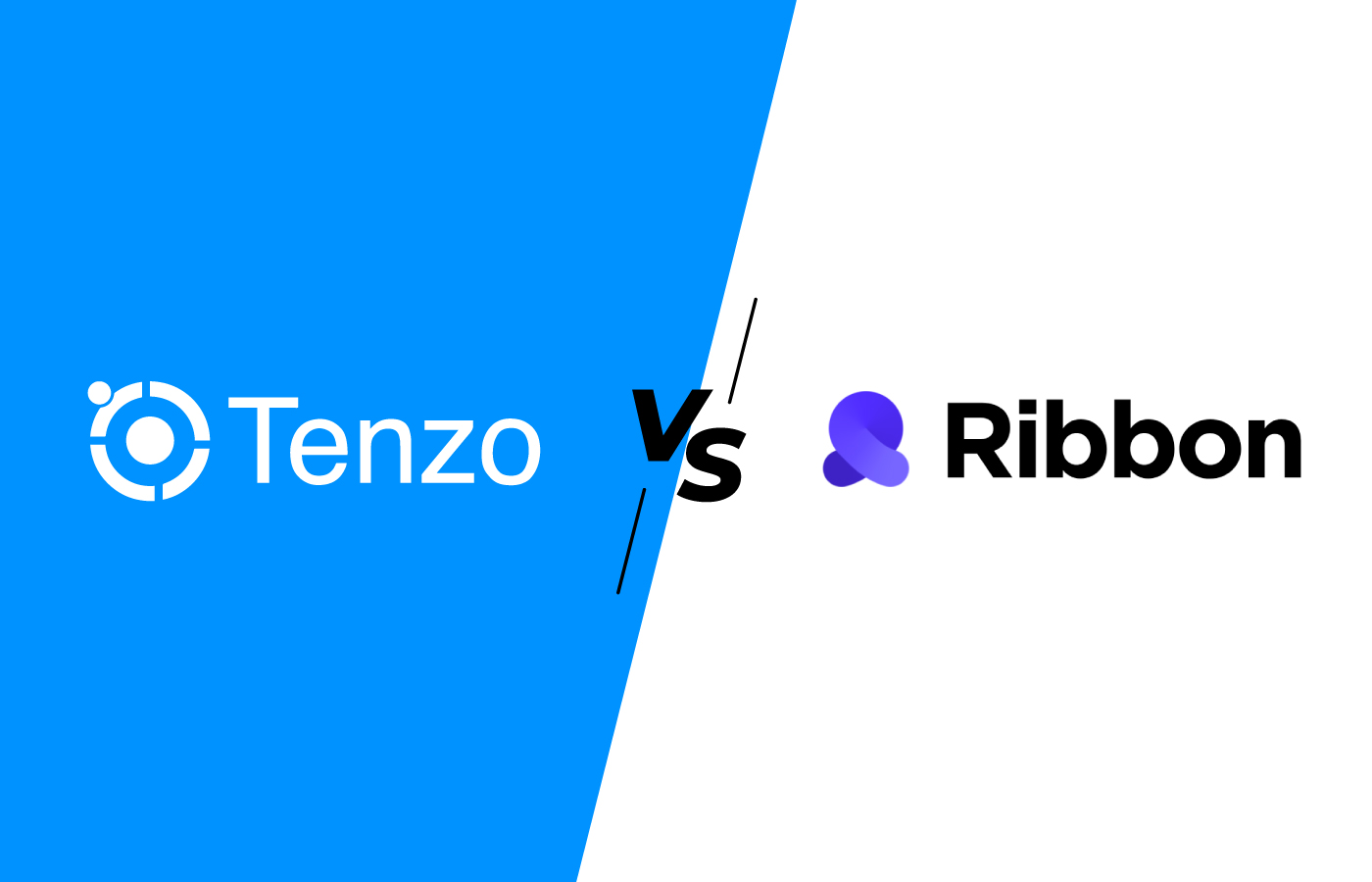
Which Voice AI Interviewer Offers More Depth and Automation
June 9, 2025
Both Tenzo and Ribbon offer voice-based AI interview platforms that promise to streamline hiring through automation and intelligent screening. They both leverage natural-sounding AI agents to conduct 24/7 interviews, summarize results, and rank candidates. But beneath the surface, the platforms diverge significantly in depth, flexibility, and workflow control.
In this article, we’ll break down the real differences between Ribbon and Tenzo — and help you decide which voice AI solution best fits your hiring strategy.
At a high level, both platforms offer:
These similarities make both Ribbon and Tenzo strong choices for teams seeking to automate early-stage screening — especially for high-volume roles in healthcare, light industrial, logistics, and customer service.
Tenzo uses resumes to generate custom questions in real time — dynamically tailoring the interview to the specific role and candidate.
Ribbon does not leverage resumes for custom interview generation, relying more on pre-configured workflows.
This makes Tenzo a better fit for teams hiring across many roles or requiring different qualification checks (e.g., bilingual fluency, software skills, certifications).
Tenzo allows recruiters to define grading rubrics directly next to each question. This enables faster, more intuitive setup and ensures scoring aligns directly with hiring requirements.
Ribbon provides candidate rankings, but doesn’t allow customers to deeply customize the scoring logic or provide deterministic AI judgment (i.e., whether the same candidate gets the same score every time).
With Tenzo, same question = same score, every time.
While Ribbon focuses on screening and surfacing candidates, Tenzo goes further — enabling:
In other words, Tenzo helps teams not just screen talent, but actually run their front-end recruiting funnel.
Tenzo’s setup is purpose-built for speed: creating a question and assigning scoring happens in the same step — no context-switching or configuration guessing.
This matters when scaling to dozens of roles or rotating recruiters on and off interview templates.
Ribbon is a great tool for automating voice-based screening at scale. It shines for simple workflows where the goal is to replace manual screeners with fast, friendly AI. Its design is clean, and it’s well-suited for staffing firms or HR teams who don’t need much interview customization.
Tenzo, on the other hand, delivers:
If you're hiring across multiple roles, require precise qualification checks, or want a system that runs the top of your hiring funnel from outreach to shortlist, Tenzo is the more complete and scalable platform.
The latest news, interviews, and resources from industry leaders in AI.
Go to Blog














